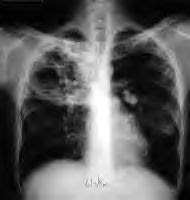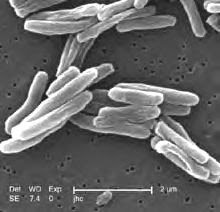China's healthcare system has been swept up in the country's tide of capitalism, and it is the rural poor who are paying the price
The richest man in one of the poorest villages in China is the "barefoot doctor" Hua Wanxiang, who sells cigarettes, beer and antibiotics. It was an easy move. The only medical equipment he owns is a stethoscope, some tweezers and a sterilising bowl. He can now sell tobacco while referring locals to hospital for lung diseases; flog crates of beer one day and painkillers the next.
This shift from public service to market principles is entirely in keeping with the wider transformation of healthcare in China, which is now among the most market-driven in the world. Surveys suggest that health problems account for between a third and a half of all cases of destitution. The health ministry says three-quarters of the rural patients who declined to undergo recommended hospital treatment did so because they could not afford it.
A peasant saying has it that a pig must be taken to market every time an ambulance siren wails, a year's work is ruined as soon as you sleep in a hospital bed, and if you are struck with a serious disease, 10 years of savings go up in smoke. For Mo Wangfa, the cost of contracting spinal tuberculosis has been even higher. Since 1999, the farmer has spent more than 10,000 yuan on check-ups and treatment. With no support from the government and no insurance, he had to borrow most the money, much of it from loan sharks who charge 6% interest. What passes for family treasures now are his x-ray charts and medical reports, all of which cost far more than he could ever earn. He is still too sick to work his fields. "Before the illness, I was doing reasonably well. I wasn't rich, but I wasn't poor. Now I have big debts," he says. "I plan to ask my children to go the cities to find work so we can pay back the money."
Aside from compassion, doctors have few incentives to reduce costs or pursue long-term public health goals. In some areas, tuberculosis and other preventable diseases are making a comeback because vaccination programmes are under-funded. Meanwhile, the privatisation of medicine is blamed for the rampant over-prescription of drugs, which has created new strains of TB and other diseases that are resistant to antibiotics.
Sarah Boseley
http://www.guardian.co.uk/china/story/0,,2168522,00.html
WHAT'S NEW IN TUBERCULOSIS
Saturday, 15 September 2007
Subscribe to:
Post Comments (Atom)





No comments:
Post a Comment